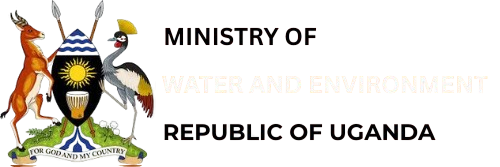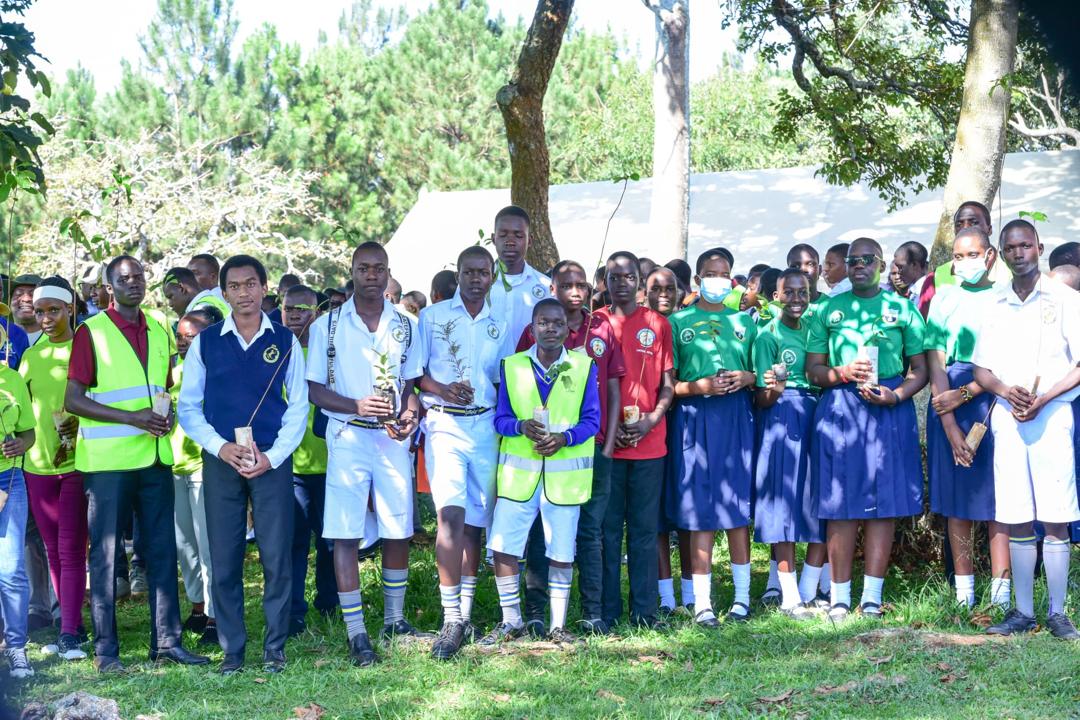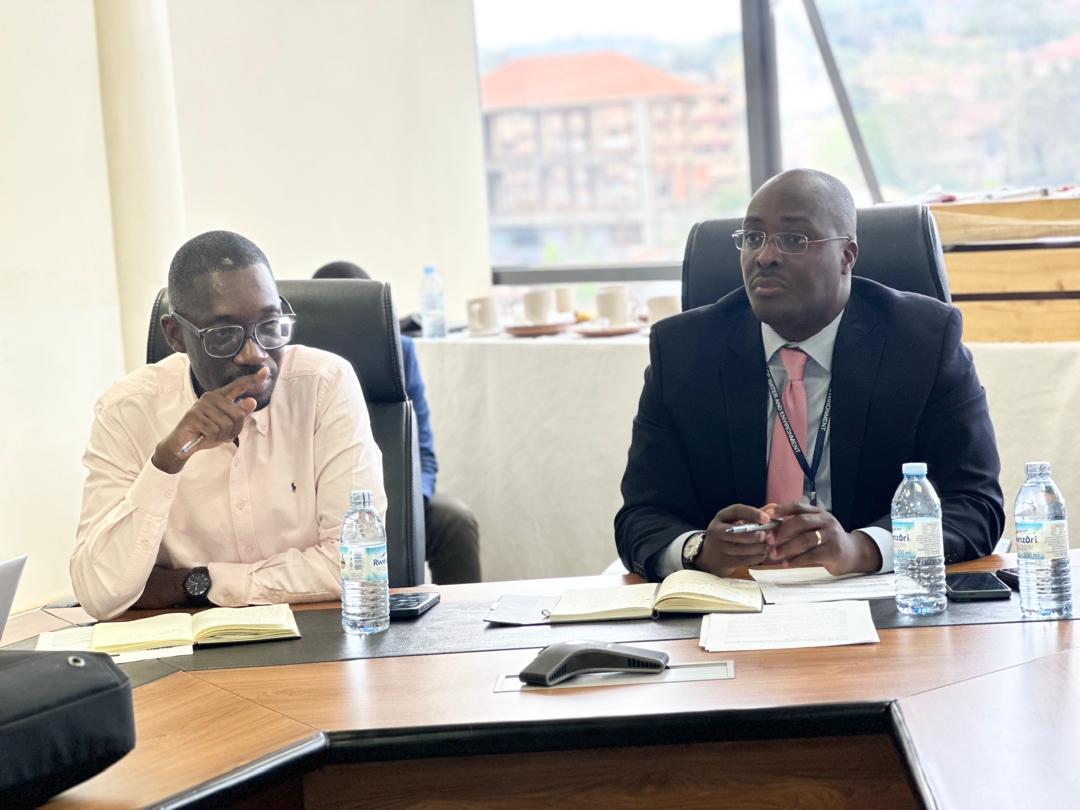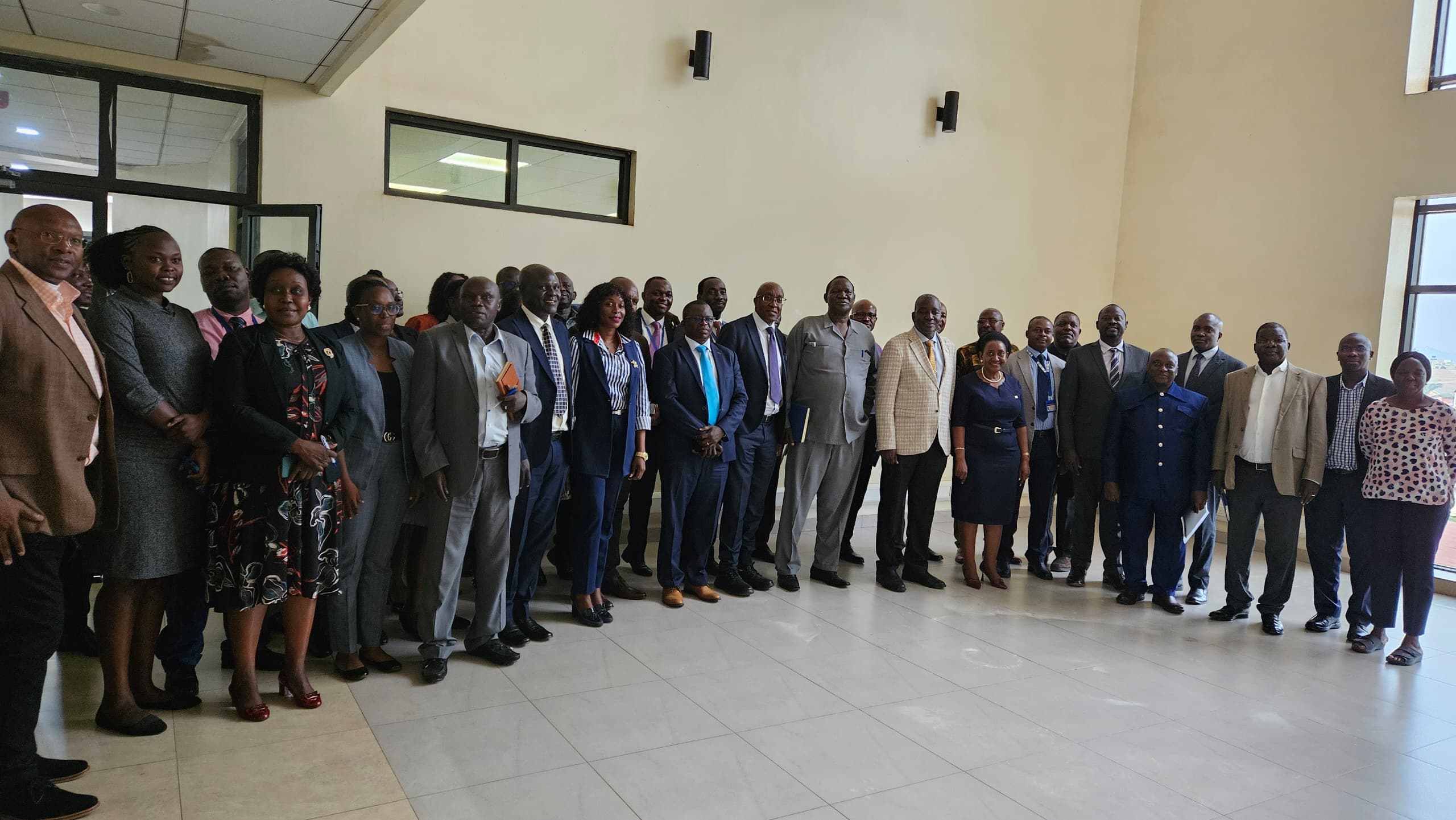
Ministry Visit: Deputy Head of Public Service Calls for Inter-Agency Collaboration in Service Delivery
Mrs. Jane Kyarisiima Mwesiga, the Deputy Head of Public Service in the Office of the Prime Minister (OPM), is strongly advocating for increased inter-agency collaboration to enhance public service delivery across Uganda.
She emphasized this point during a high-level meeting held on Friday at the Ministry of Water and Environment headquarters in Luzira, Kampala, as part of an OPM initiative focused on MDA performance and service delivery.
“We’ve realized that many of our MDAs work in isolation, missing out on the advantages of collaborative action in areas like infrastructure, human resources, and finance,” Mwesiga explained.
“We found it important to engage with them and find ways to adopt a whole-government approach to ensure services are effectively delivered to the public.”
Mrs. Mwesiga highlighted the critical role of the Ministry of Water and Environment in this mission, stating, “Your work in water security, environmental protection, and climate resilience directly underpins our nation’s progress in health, agriculture, energy, and industrial development—core pillars of Vision 2040 and the Fourth National Development Plan (NDP IV).”
The meeting, which brought together the Ministry’s top technical team, delved into sharing synergies aimed at improving service delivery and citizen well-being.
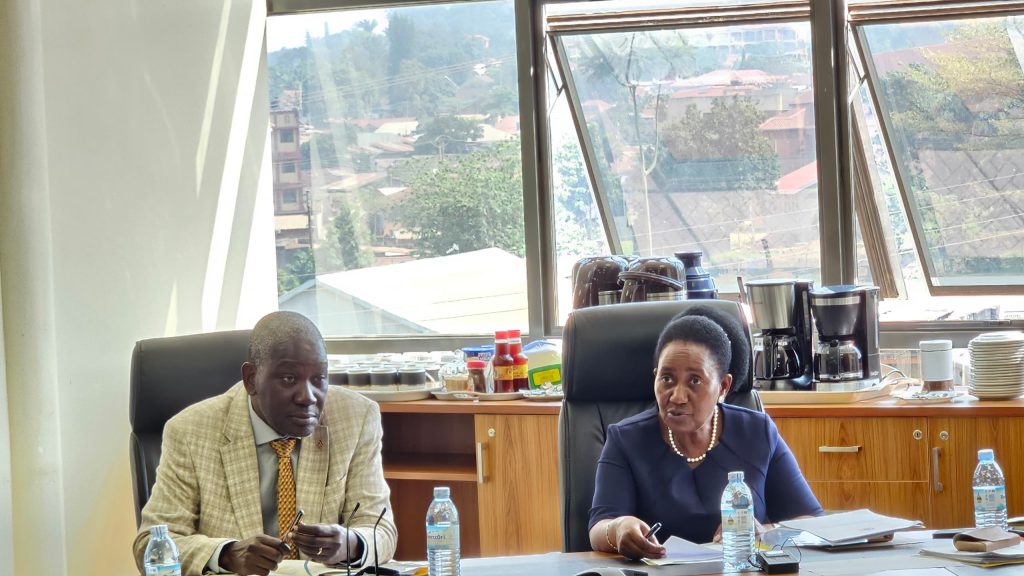
Dr. Alfred Okot Okidi, the Permanent Secretary for the Ministry of Water and Environment, welcomed the OPM initiative and reaffirmed the ministry’s commitment to improved service delivery.
He acknowledged persistent challenges such as wetland and forest encroachment, climate change, and industrial pollution. “Encroachment on wetlands and forest reserves remains a persistent challenge, largely due to weak enforcement and competing land pressures. Uganda’s forest cover currently stands at 13.3%, far below national restoration targets,” Okidi observed.
He added that communities in fragile ecosystems like Bududa district and Karamoja subregion remain highly vulnerable to climate-related shocks.
The meeting allowed for a crucial stock-take of NDP III achievements and established action points for improving service delivery.
Mrs. Mwesiga, who assessed the ministry’s efforts at 75%, reiterated the government’s unwavering commitment to the institution and its goals.
“Your sector has already demonstrated leadership through initiatives such as the National Irrigation Master Plan, catchment-based planning, wetland and forest restoration, and the successful convening of Uganda Water and Environment Week. These are commendable strides in the right direction,” she commended.
Underscoring the need for preparedness in the implementation of future government programs, the Friday engagement further brought to light the importance of the services offered by the ministry
The ministry continues to implement policies and programmes in line with Uganda’s nationally determined contributions and the objectives of the National Development Plan, which include: increasing access to quality safe water and sanitation facilities for rural and urban areas; improving the assessment, monitoring, planning regulation and quality management of water resources; and improving weather and climate change management.
“As you are well aware, NDP IV calls for a transformative shift in our economic and social trajectory. This shift cannot happen without resilient ecosystems, equitable access to clean water and sanitation, and climate-smart infrastructure that protects livelihoods and supports sustainable growth.”
Mrs. Mwesiga concluded by assuring the ministry of the OPM’s support: “From the discussions we’ve had today, we’re ready to support and ensure that you’re able to solve some of the bottlenecks identified when implementing NDP III and improve as we implement NDP IV.
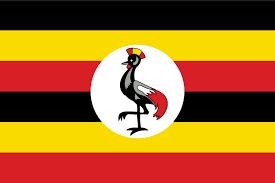 Official Website of the Ministry of Water and Environment
Official Website of the Ministry of Water and Environment

